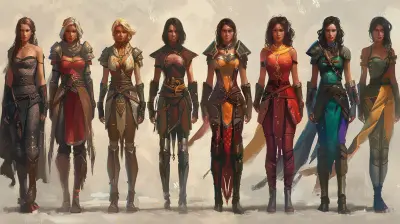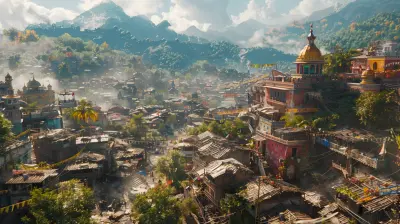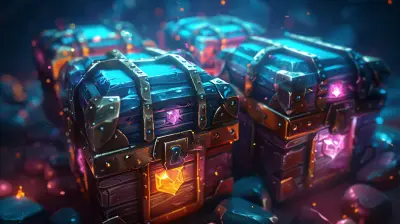Creating Characters Who Evolve: Customization Throughout a Game's Story
3 July 2025
Let’s get real for a second—what’s the one thing that keeps us hooked to a game even after hours of play? It’s not just the flashy graphics, brutal boss fights, or massive open worlds (though we love all of that too). It’s the characters. And not just any characters—we’re talking about characters who grow, adapt, and reflect the choices we make. That magical evolution? It’s called character customization throughout a game’s story. And honestly, it’s become the heartbeat of immersive storytelling in modern gaming.
In this deep dive, we’re going to unpack why evolving characters matter, how customization drives engagement like never before, and why developers are now treating player-driven evolution not as a gimmick but as a core gameplay mechanic. Ready? Let’s level up!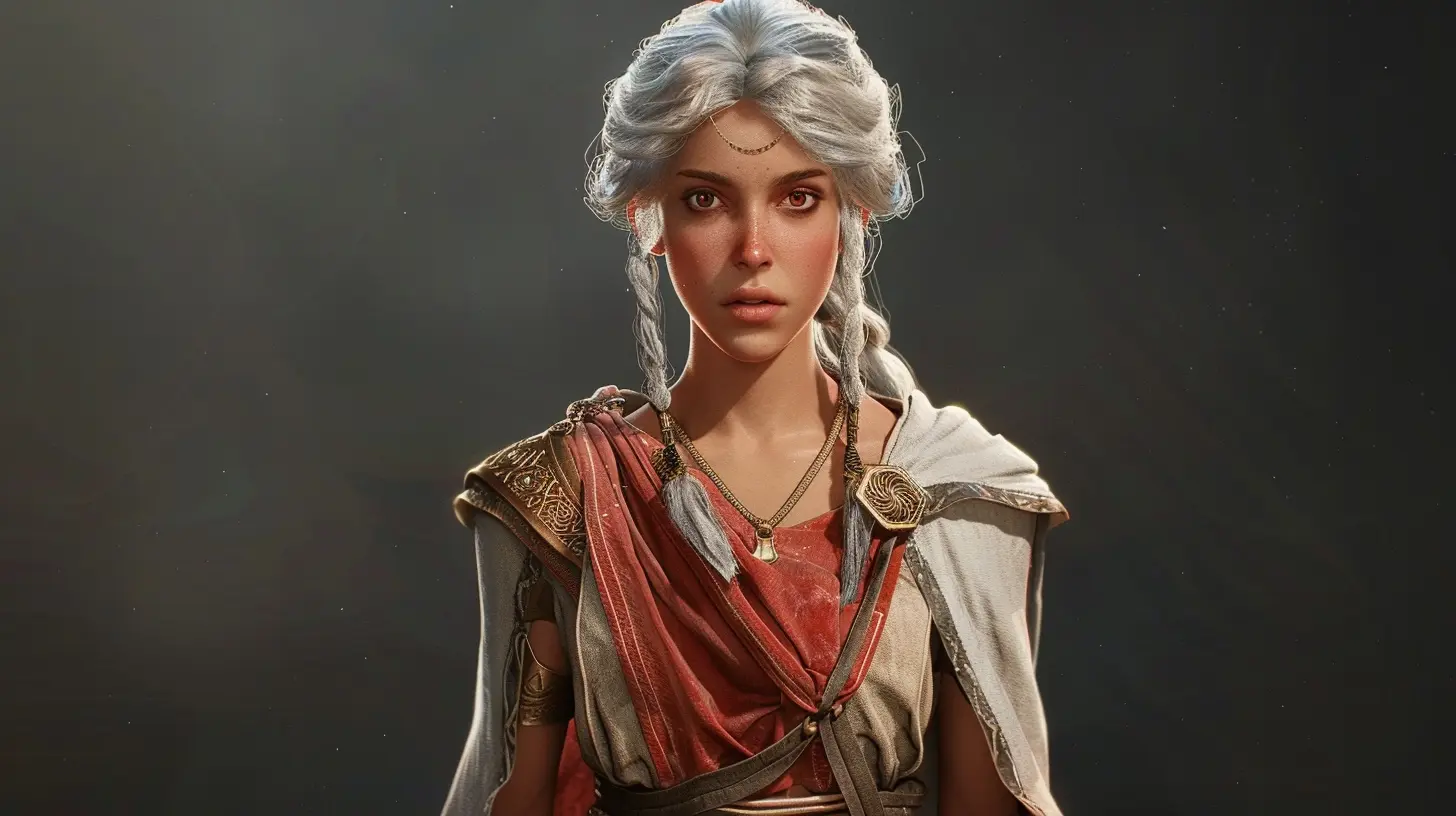
Why Static Characters Just Don’t Cut It Anymore
Think about the last RPG or open-world game you played. Did you feel connected to a character who stayed the same from start to finish? Probably not.Gamers want more than cookie-cutter protagonists. We crave dynamic journeys. We want to see our character’s scars, their growth, their victories, and yeah, even their screw-ups. Static characters feel like a broken joystick—unresponsive and kind of pointless.
When characters evolve with the narrative, it adds stakes. Suddenly, your decisions mean something. And that’s when the magic happens.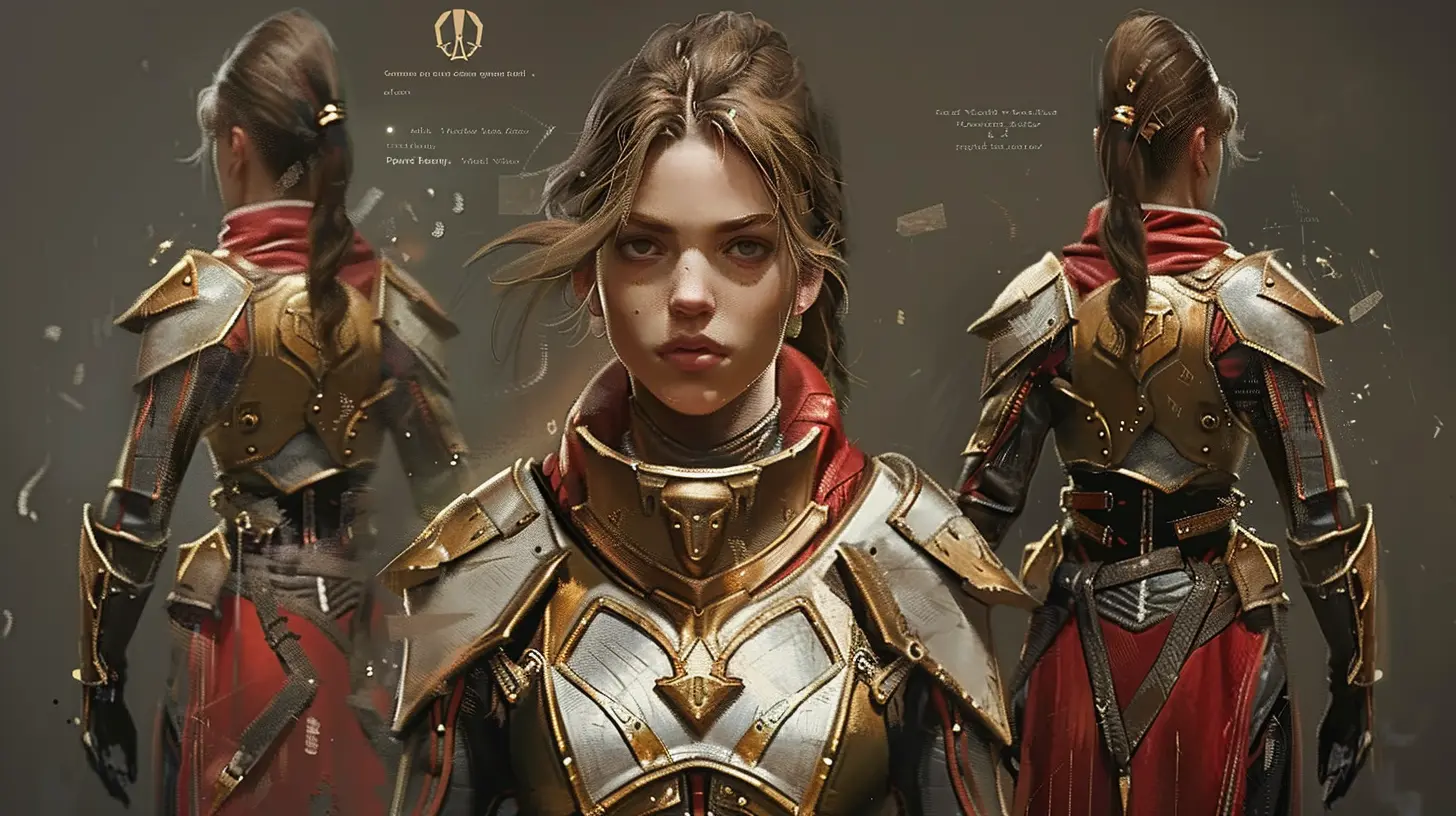
The Heart of Evolution: Emotional Investment
So, why do customized evolving characters tug at our heartstrings? Simple. They reflect us—our choices, our morals, and the path we carve out through the game.When we’re allowed to develop a character’s appearance, skills, story, and even relationships, we naturally form a deeper attachment. It’s not just "the main character" anymore—it becomes our character. And that’s ridiculously powerful from a storytelling perspective.
Take Mass Effect, for example. Commander Shepard can be a fierce renegade or a compassionate hero, and their journey mirrors the player's decisions. When character customization is deeply woven into narrative arcs, we stop playing a game and start living an experience.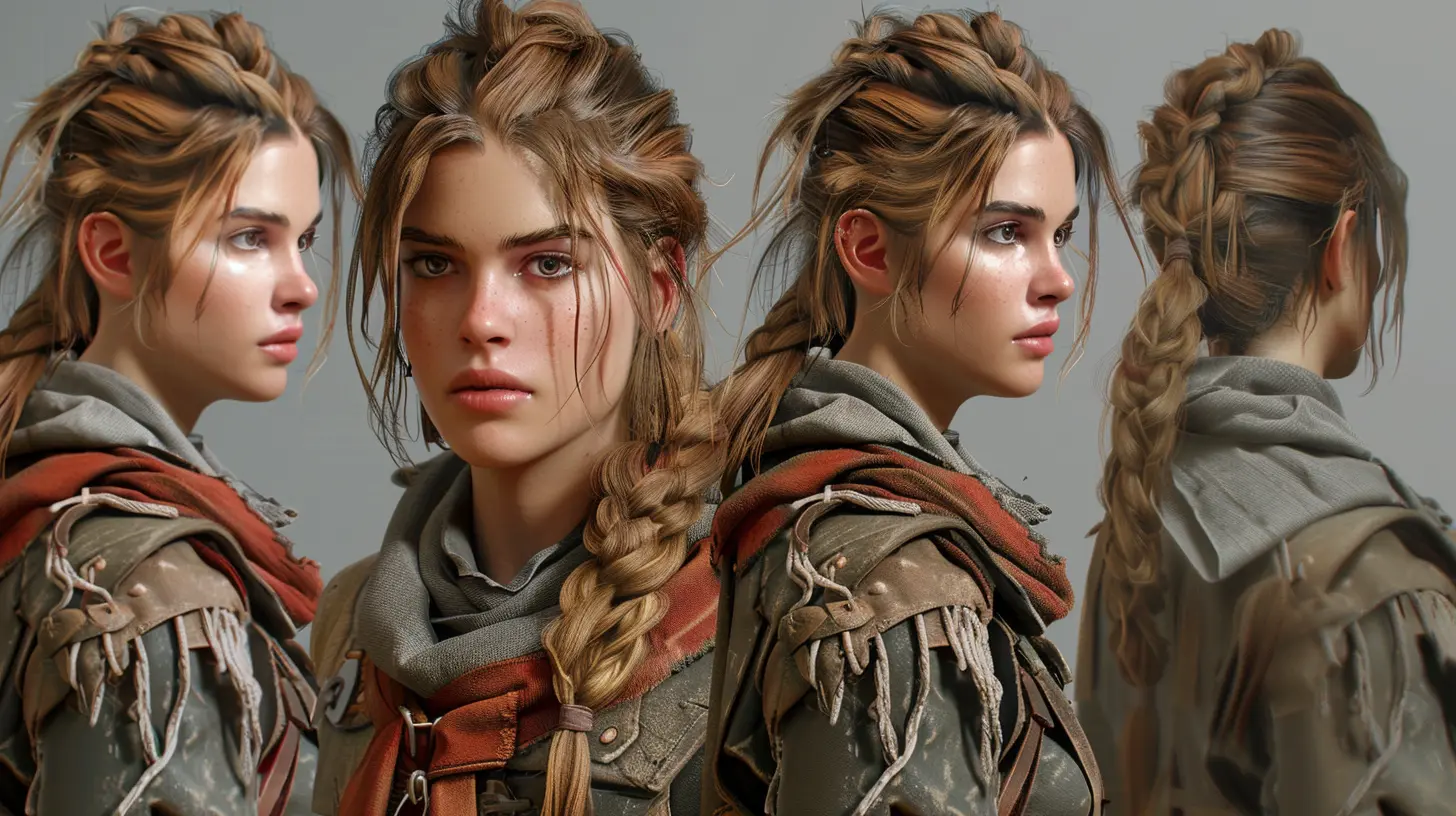
Customization Isn’t Just a Cosmetic Affair
Sure, changing hairstyles, armor, and outfits is fun (who doesn’t love a good armor set?). But real character evolution digs deeper than just looks.Let’s break it down:
1. Skill Progression and Playstyle
The ability to customize skill trees and combat styles creates a sense of ownership. Want to build a stealthy assassin or a tank who bulldozes through enemies? Go for it.Games like The Witcher 3 and Cyberpunk 2077 nail this. Your progression isn't just about stats—it affects how you approach challenges and how NPCs react to you.
2. Narrative Choices and Personality Development
Games that offer branching narratives let characters adapt to the story you're shaping. Think Detroit: Become Human or Dragon Age: Inquisition. Your dialogue choices, who you trust, and what actions you take form your character's identity over time.It’s like crafting your own movie character—but with a real impact on the world around them.
3. Relationships That Grow With You
How awesome is it when in-game relationships evolve over time depending on your decisions? Character evolution isn't just solo—it’s communal.In Fire Emblem: Three Houses, for instance, your character’s relationships with allies unlock deeper backstories, special abilities, and plot shifts. It turns teammates from battle fodder into cherished allies.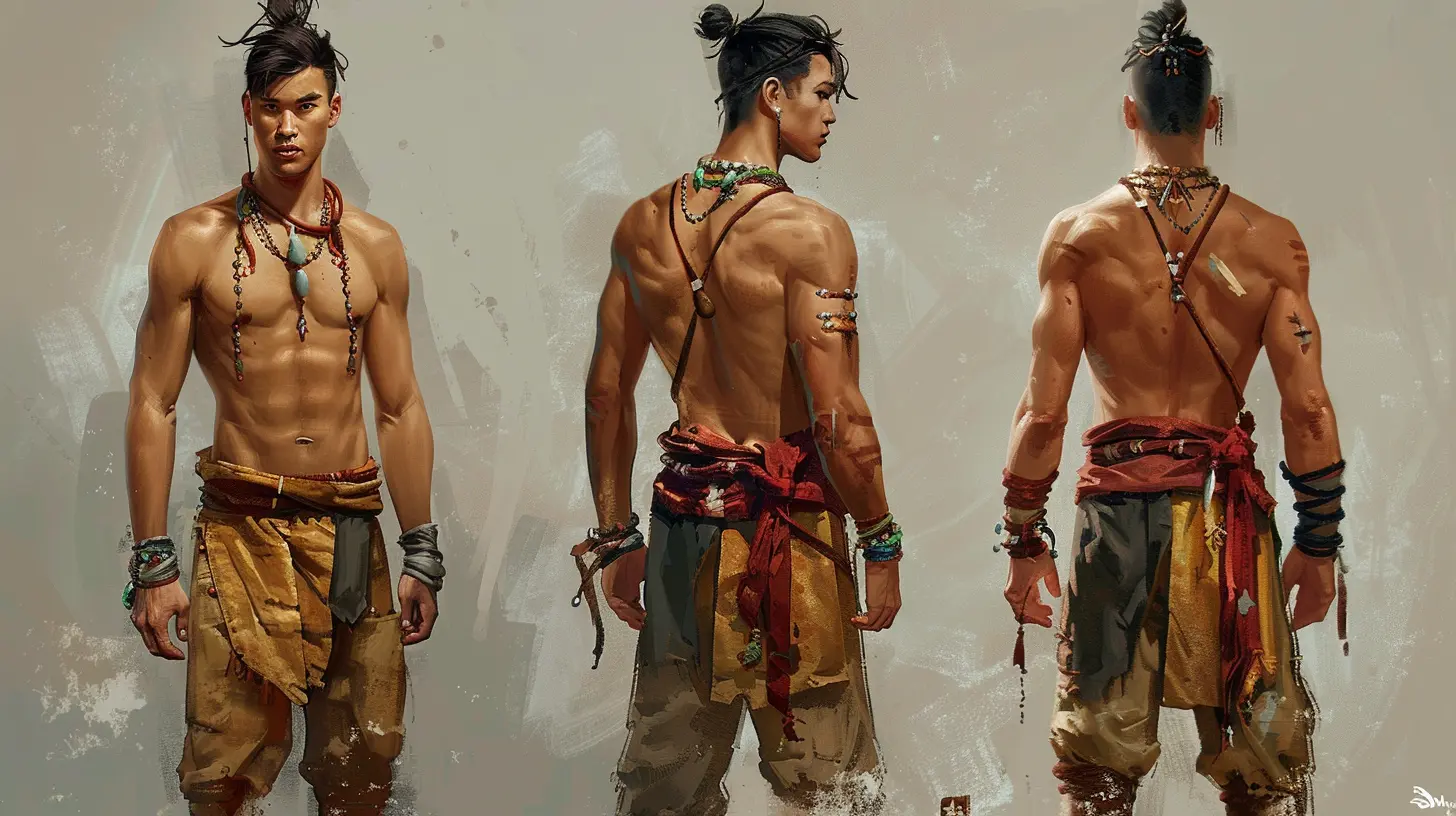
How Developers Are Redefining Character Evolution
Game developers are stepping up their game (pun totally intended). They're building systems that let characters evolve across various dimensions—physically, emotionally, morally, even spiritually.Dynamic Morality Systems
A great morality system isn’t just a good vs evil meter. It’s gray, nuanced, and reactive. Games like Red Dead Redemption 2 or The Outer Worlds take it to the next level. Your choices shape not just how your character is perceived, but how the world unfolds around them.Personalized Story Branching
The days of "choose-your-own-adventure" being a gimmick are long gone. Modern story engines offer intertwining plotlines that give your customized character genuine weight in the narrative. It’s all about making your journey feel one-of-a-kind.Visual Storytelling Through Evolution
Designers are also leveraging visuals to tell stories of evolution. Wounds, aging, and emotional wear-and-tear show up on characters over time. These subtle (and not-so-subtle) cues tell players, “You’ve come a long way.”Why Gamers are Craving This More Than Ever
Let’s face it—today’s players want depth. We’re not just button mashers anymore. We want stories that change based on who we are in-game.This thirst for personalization is part of a broader cultural shift. We express ourselves through avatars, we want agency in our stories, and we don’t want predetermined endings. When a character evolves with us, it feels like we’re stretching our own identity into the digital realm.
It’s not just playing a game anymore. It’s being in the game.
Tips for Game Developers: How to Nail Character Evolution
Creating evolving characters isn’t just about throwing in a fancy skill tree and calling it a day. Here's what developers must keep in mind:1. Let Choices Have Consequences
Players are smart. They notice when their decisions don’t change squat. For character evolution to matter, consequences should ripple through the story and gameplay. If I save one village and destroy another, that should show up in how people treat me.2. Make the Customization Meaningful
Cosmetic changes are cool, but combine that with in-depth mechanical and narrative evolution. Let me customize my backstory, relationships, and even personality tropes.3. Pace the Evolution
Don’t throw everything at the player in Act 1. Let it unfold naturally. Think about how people evolve in real life—it takes time, hardship, and growth. Characters should be no different.4. Build Reactive Worlds
The world should notice and respond to your character’s evolution. NPCs should comment on your actions, new paths should open up, and opportunities should change based on who you’re becoming.Games That Absolutely Nail Character Evolution
Need a little inspiration? Here are a few titles that set the gold standard:- The Witcher 3: Wild Hunt – Geralt evolves not just through skills, but through layered, moral decisions that shape entire kingdoms.
- Mass Effect Trilogy – Your Shepard reflects a multi-game legacy of decisions, relationships, and moral alignment.
- Undertale – Your behavior affects not just the ending, but the emotional weight of your entire journey.
- Fable Series – Character evolution is literal, with physical changes to reflect your moral path.
These games don’t just let you customize characters—they let you become them.
The Future of Character Customization: What's Next?
We’re heading toward a future where character evolution becomes even more immersive. With AI-driven storytelling, adaptive NPCs, and reactive environments, your character’s journey could be dynamically generated in real-time.Imagine playing a game where no two players’ characters end up the same—not because of pre-set trees, but because the game listens and adapts to you as you go. That’s not sci-fi anymore—it’s on the horizon.
Final Thoughts
Creating characters who evolve through customization is no longer just a feature—it’s an expectation. It’s what brings our digital personas to life and keeps us emotionally locked in from start to finish. Whether you’re slaying dragons, uncovering conspiracies, or simply surviving the apocalypse, your character’s evolution is the story we care about most.So next time you pick up a controller, remember—you’re not just playing a hero. You’re becoming one. And every choice you make? It’s part of a living, breathing narrative that’s uniquely yours.
Game on.
all images in this post were generated using AI tools
Category:
Character CustomizationAuthor:

Jack McKinstry
Discussion
rate this article
2 comments
Zoey Castillo
Character growth: the ultimate gameplay evolution!
November 11, 2025 at 5:14 PM

Jack McKinstry
Absolutely! Character growth enhances player immersion and engagement, making their journey feel personal and rewarding.
Zachary Frank
Character evolution enriches gameplay, making choices impactful. Customized growth enhances player connection, creating a more immersive and personalized storytelling experience.
July 11, 2025 at 4:20 AM

Jack McKinstry
Thank you! I completely agree—character evolution and customization truly deepen player engagement and enhance the storytelling experience.
